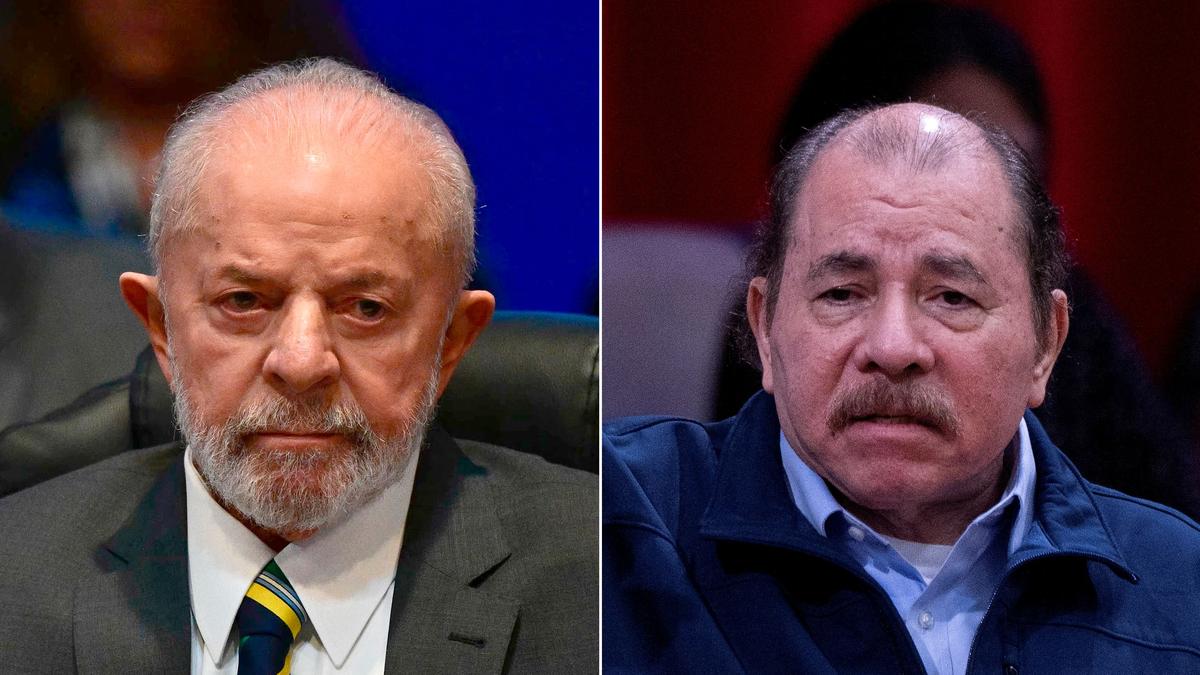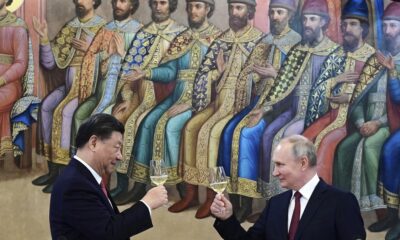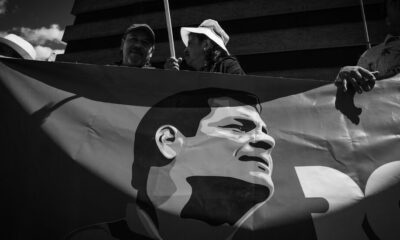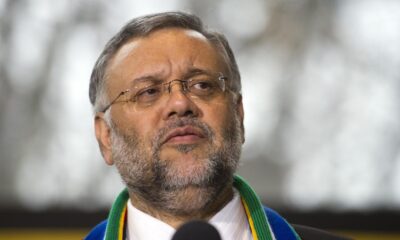Brazil’s government has taken the decision to expel Nicaragua’s ambassador to the country in retaliation for a similar action by Nicaraguan President Daniel Ortega.
The press office of Brazil’s foreign ministry confirmed to The Associated Press that it had chosen to expel Nicaraguan ambassador Fulvia Patricia Castro Matu. It was stated that Brazil’s ambassador to Nicaragua, Breno da Costa, was expelled on Monday.
The office explained that da Costa was expelled for not attending the 45th anniversary celebrations of Nicaragua’s Sandinista revolution. Ortega, who is viewed as an authoritarian figure by his critics, was a guerrilla fighter in that movement.
A growing divide between Ortega and Brazil’s President Luiz Inácio Lula da Silva, who were once allies, has been evident over the past year.
Two diplomatic sources in Brasilia informed the AP that Nicaragua’s government lodged a protest two weeks ago over da Costa’s absence from the festivities, leading to his expulsion. The sources, who spoke on condition of anonymity, revealed that the Brazilian ambassador was acting on orders from the foreign ministry.
The foreign ministry had not previously confirmed reports in local media regarding the expulsion of the Brazilian ambassador.
Lula, who had previously supported Ortega’s presidency, distanced himself from Ortega after the Nicaraguan leader disregarded a plea from Pope Francis to cease repression against Catholic clergymen in the Central American nation.
In April, Amnesty International reported that Ortega’s government had arbitrarily detained at least 119 individuals, including Roman Catholic bishop Rolando Álvarez, on charges of conspiracy and spreading false information.
Brazil has suspended relations with Nicaragua, meaning no visits or meetings between leaders and diplomats of the two countries.
Leticia Bessa, an administrative assistant at the Nicaraguan embassy in Brazil’s capital, mentioned that Matu had left the country before Brazil’s foreign ministry made its decision.
Subsequently, Brazil’s foreign ministry announced that da Costa is expected to depart from Nicaragua by the end of the day. It also clarified that the departure of its ambassador does not signify a complete rupture of diplomatic relations with Managua.
Nicaragua’s Vice President Rosario Murillo, who also serves as the first lady and the government’s primary spokesperson, did not immediately respond to a request for comment on the diplomatic dispute.
During a press conference with international news agencies in Brasilia on July 22, Lula mentioned that Ortega was not responding to his calls.
Benjamin Gedan, director of the Wilson Center’s Latin America program, remarked that the incident further isolates Ortega, leaving him with few allies in the region.
“Lula is a leftist figurehead, but he does not blindly support all like-minded individuals,” Gedan stated. “Two years ago, following Ortega’s questionable reelection, hardly any leaders from the region attended his inauguration in Managua. The erosion of democracy in Nicaragua and Venezuela has given the Latin American left an opportunity to prioritize democracy over ideology.”








































